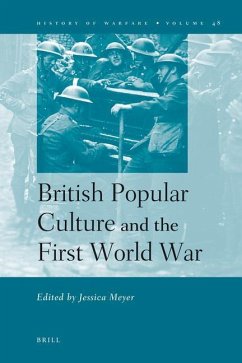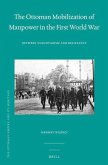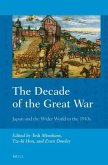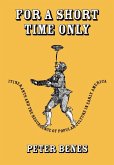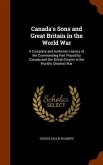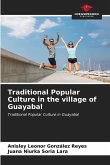Much of the scholarship examining British culture of the First World War focusses on the 'high' culture of a limited number of novels, memoirs, plays and works of art, and the cultural reaction to them. This collection, by focussing on the cultural forms produced by and for a much wider range of social groups, including veterans, women, museum visitors and film goers, greatly expands the debate over how the war was represented by participants and the meanings ascribed to it in cultural production. Showcasing the work of both established academics and emerging scholars of the field, this book covers aspects of British popular culture from the material cultures of food and clothing to the representational cultures of literature and film. The result is an engaging and invigorating re-examination of the First World War and its place in British culture. Contributors are: Keith Grieves, Rachel Duffett, Jane Tynan, Krisztina Robert, Lucy Noakes, Stella Moss, Carol Acton, Douglas Higbee, John Pegum, Eugene Michail, Victoria Stewart, Virginie Renard, Claudia Sternberg, Richard Espley and Stephen Badsey.
Hinweis: Dieser Artikel kann nur an eine deutsche Lieferadresse ausgeliefert werden.
Hinweis: Dieser Artikel kann nur an eine deutsche Lieferadresse ausgeliefert werden.

